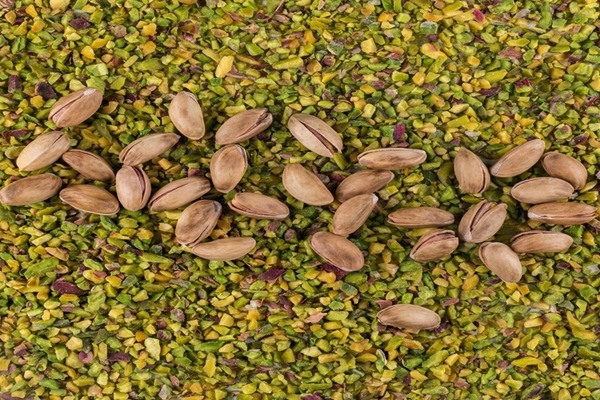As pistachios become a staple in Brazilian cuisine, showcased in a variety of dishes from ice creams to the unique pão de queijo, their market demand has seen a threefold increase, with imports rising from 350 tonnes in 2022 to an anticipated 1,000 tonnes by 2024. This surge has positioned Brazil as a burgeoning market for pistachio consumption, yet the country relies entirely on imports to meet this demand.

The Brazilian Agricultural Research Corporation (Embrapa) has identified this gap and is initiating a pilot project in Ceará aimed at introducing pistachio cultivation domestically by 2027. This venture, in collaboration with the Ceará Agriculture and Livestock Federation, seeks to adapt pistachio crops to the tropical climate of Brazil, a process termed "tropicalization." The project plans to leverage expertise from the University of California's Nut Crops Research Center, capitalizing on their extensive experience in pistachio cultivation under varying climatic conditions.
However, the adaptation of pistachio cultivation to Brazil's tropical environment presents significant agronomic and bureaucratic challenges, including the importation of genetic material and its approval by Brazil's Ministry of Agriculture. Gustavo Saavedra, head of Embrapa Agroindústria Tropical, estimates a 10 to 15-year timeline before viable pistachio varieties for Ceará's climate are developed, with potential harvesting commencing between 2035 and 2040.
The global pistachio market is also witnessing a shift, with the U.S., accounting for 63% of production, diversifying its export strategy to include Latin America. This global trend underscores the increasing importance of pistachios in international trade and their potential for cultivation in new regions.
In Brazil, pistachios have not only captured the culinary imagination but have also become a symbol of sophistication and creativity in food preparation. The Ofner confectionery chain's "Pistachio Festival" and the introduction of pistachio-flavored items in fast-food menus highlight the nut's growing popularity and versatility. Despite its premium price, the Brazilian market's appetite for pistachios continues to grow, reflecting a broader trend of culinary innovation and adaptation.
Source: Datamar News
